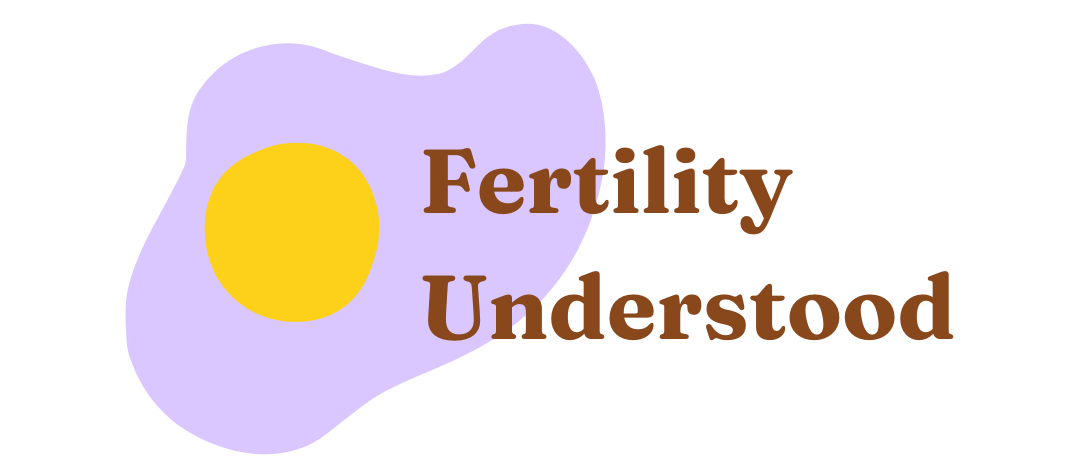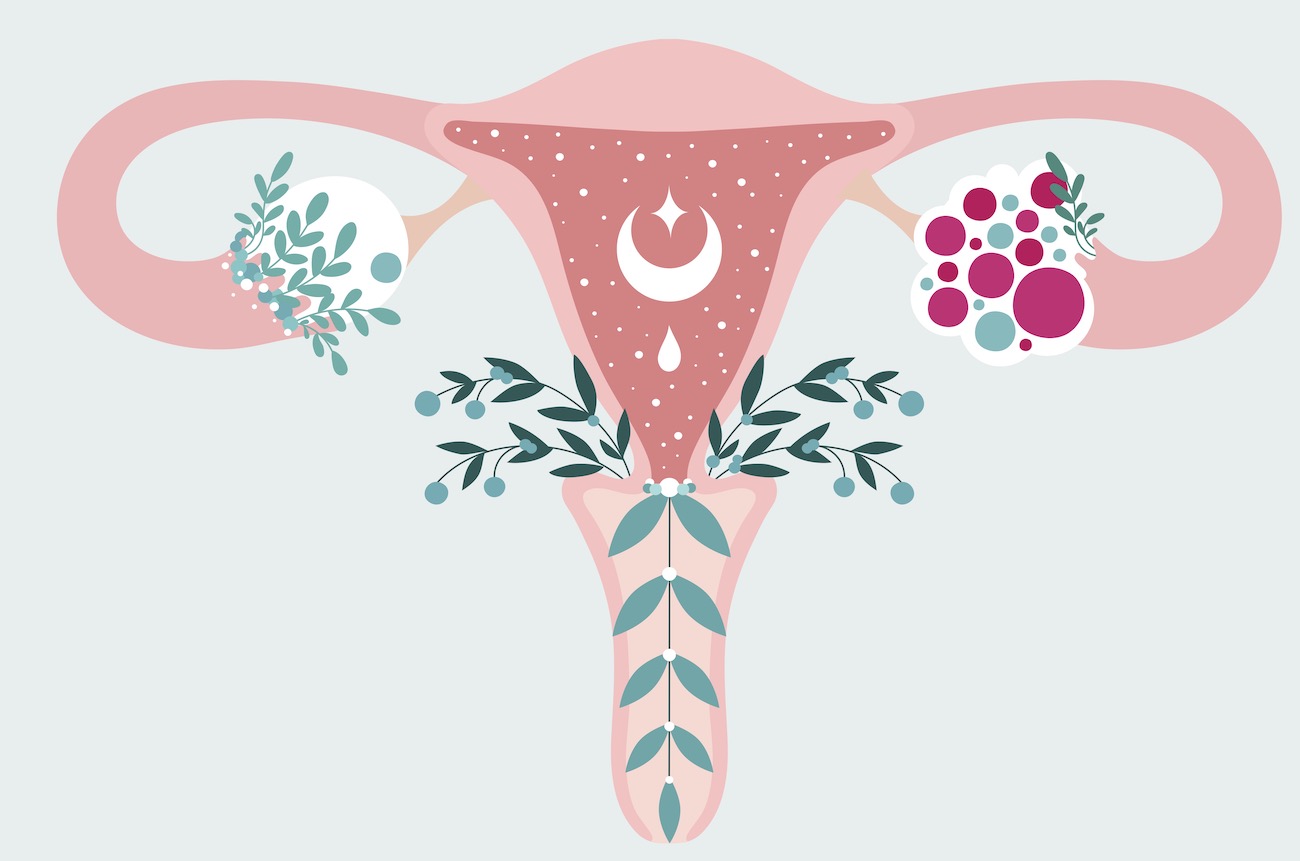When working to determine the best plan of action when you learn you have PCOS, it is important to understand how PCOS is impacting you. PCOS is a spectrum disorder, meaning it impacts some women very mildly. They may cycle and ovulate regularly and their fertility may not be impacted at all or impacted greatly. Some women with PCOS, however, do not have cycles and do not ovulate. Of course, ovulation (and having cycles) is necessary in order to conceive naturally. Some women find themselves somewhere in the middle. Their cycle lengths may vary and their cycles may seem somewhat irregular. They sometimes ovulate and sometimes have anovulatory (or no ovulation) cycles.
While there are many different approaches to treating PCOS, when addressing fertility issues, typically the focus is on ovulation, both in regularity and in quality. Women who don’t ovulate regularly are often prescribed medications to induce ovulation, such as Letrozole and Clomid. This treatment alone is often successful for women with PCOS.
Since an underlying issue with PCOS is decreased insulin sensitivity, also known as insulin resistance, women with PCOS may be prescribed a drug called Metformin. Metformin increases insulin sensitivity and subsequently decreases androgen levels, and this in turn helps support ovulation. Metformin also helps with weight loss and decreasing elevated blood sugars.
Some women with PCOS will elect to use in vitro fertilization (IVF) to reach their fertility goals. While IVF assists women with PCOS with egg production, there is also the opportunity to complete pre-implantation genetic testing. This form of testing allows the individual or couple to determine if the embryos have the intended number of chromosomes. Embryos with chromosomal abnormalities are less likely to result in a live birth.
Lifestyle changes to support fertility in PCOS
While there are many varying recommendations for women with PCOS, typically the strategies are recommended to support insulin sensitivity and in turn ovulation.
- Exercise: Getting your heart rate up through exercise has numerous benefits, one of which is decreased insulin resistance. Exercise also supports decreasing androgen production and aids in weight loss.
- Selecting lower glycemic foods: Many nutritionists disagree on a diet plan best suited for women with PCOS. Some women elect to follow a keto diet, others follow a whole food plant-based diet, and still, others do not follow any particular diet. Since high glycemic foods require higher insulin to achieve normal blood sugar levels, and women with PCOS have elevated insulin resistance resulting in increased insulin production, selecting foods that are lower on the glycemic index is generally recommended to support insulin resistance.
- Community: Working to address PCOS can feel challenging and isolating, especially when you are trying to conceive. While it can feel this way, chances are you have many acquaintances who are also struggling to conceive and finding a network of support can help. Whether you find support through counseling services, virtual communities, friends, or elsewhere, know that you deserve a cheering squad and support when you need it!
- Supplementation: There is a lot of conflicting advice about supplements to take to support fertility in PCOS. Two supplements with a growing body of evidence include Vitamin D and inositols. Always speak to your doctor to determine if and which supplements may be appropriate for you before starting any supplementation.
While PCOS can be a daunting diagnosis, thankfully there are many conventional and lifestyle approaches to support fertility and help you achieve your goal of becoming pregnant.




